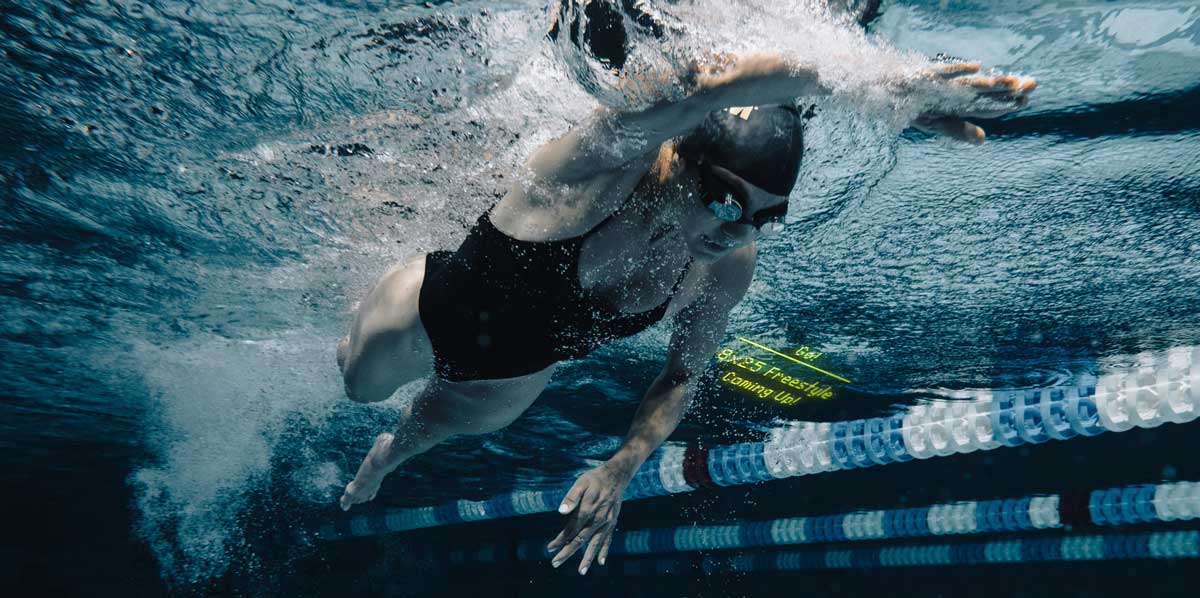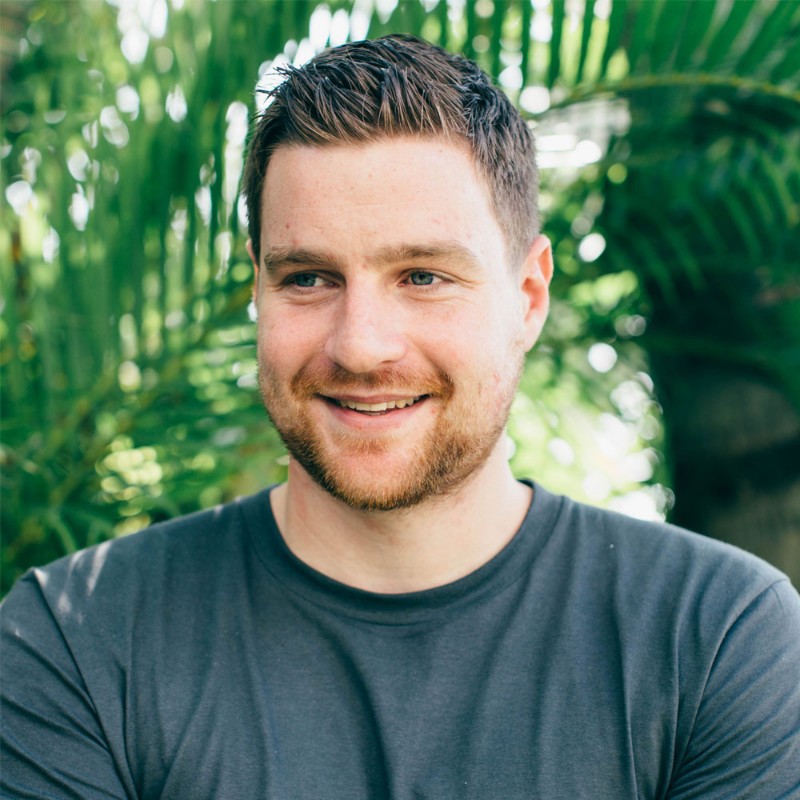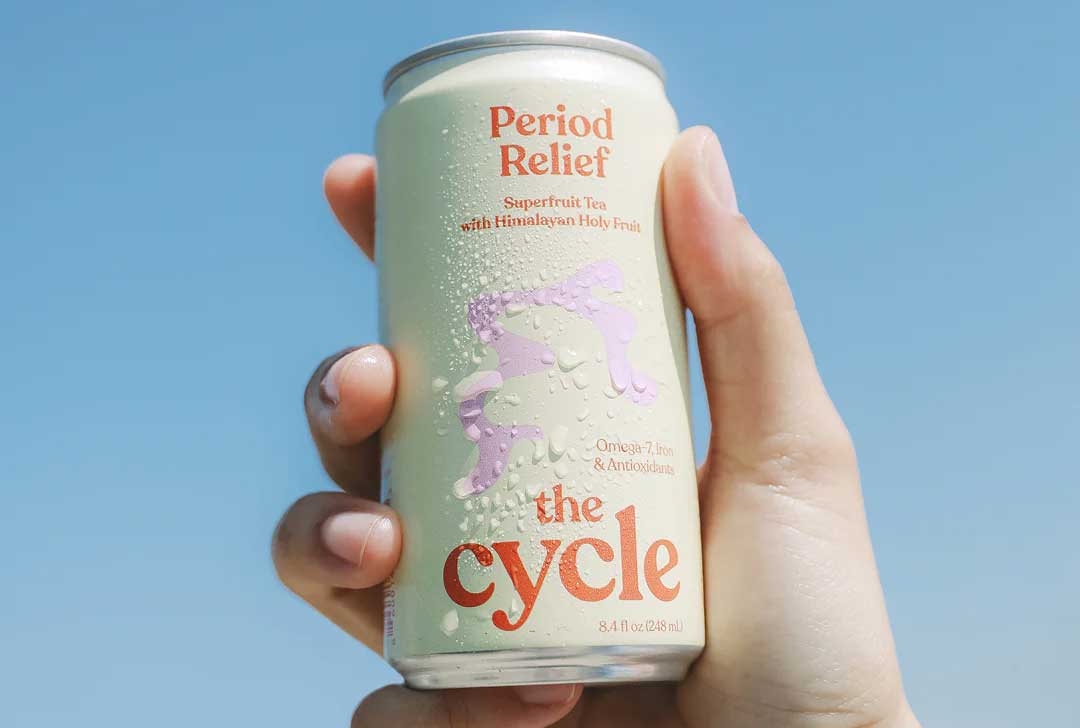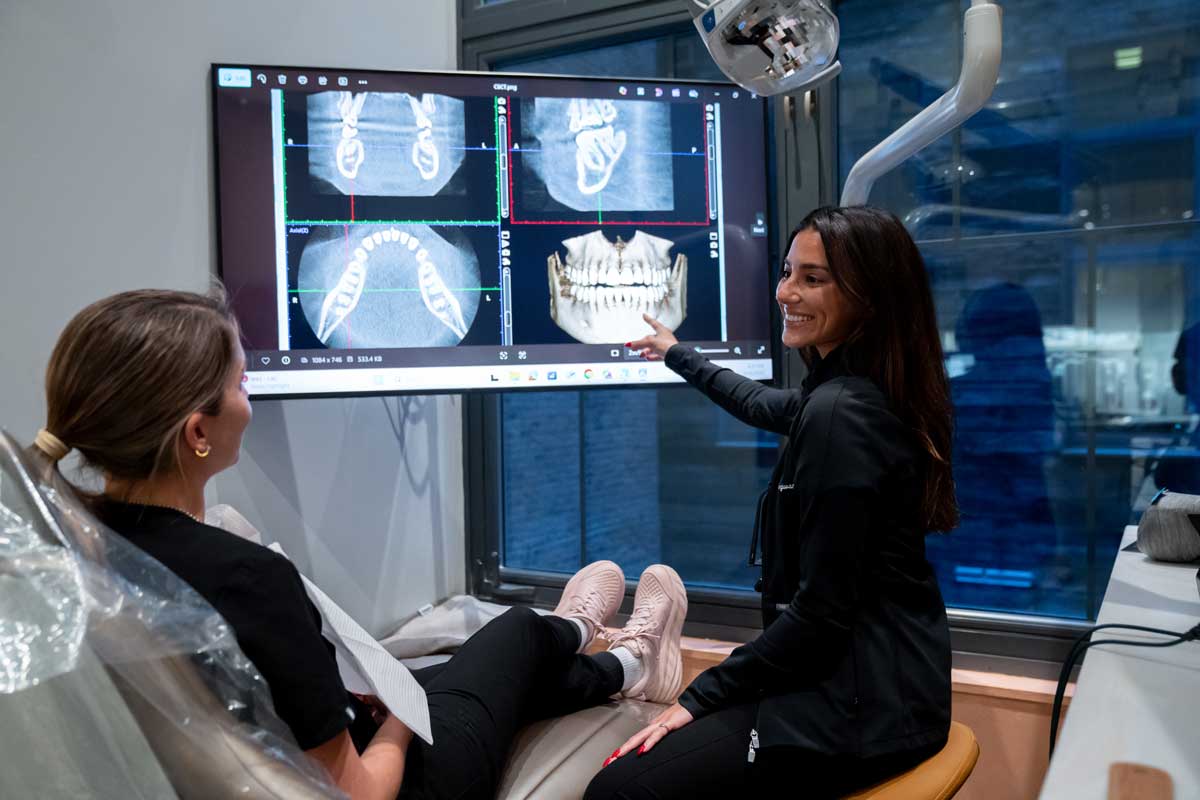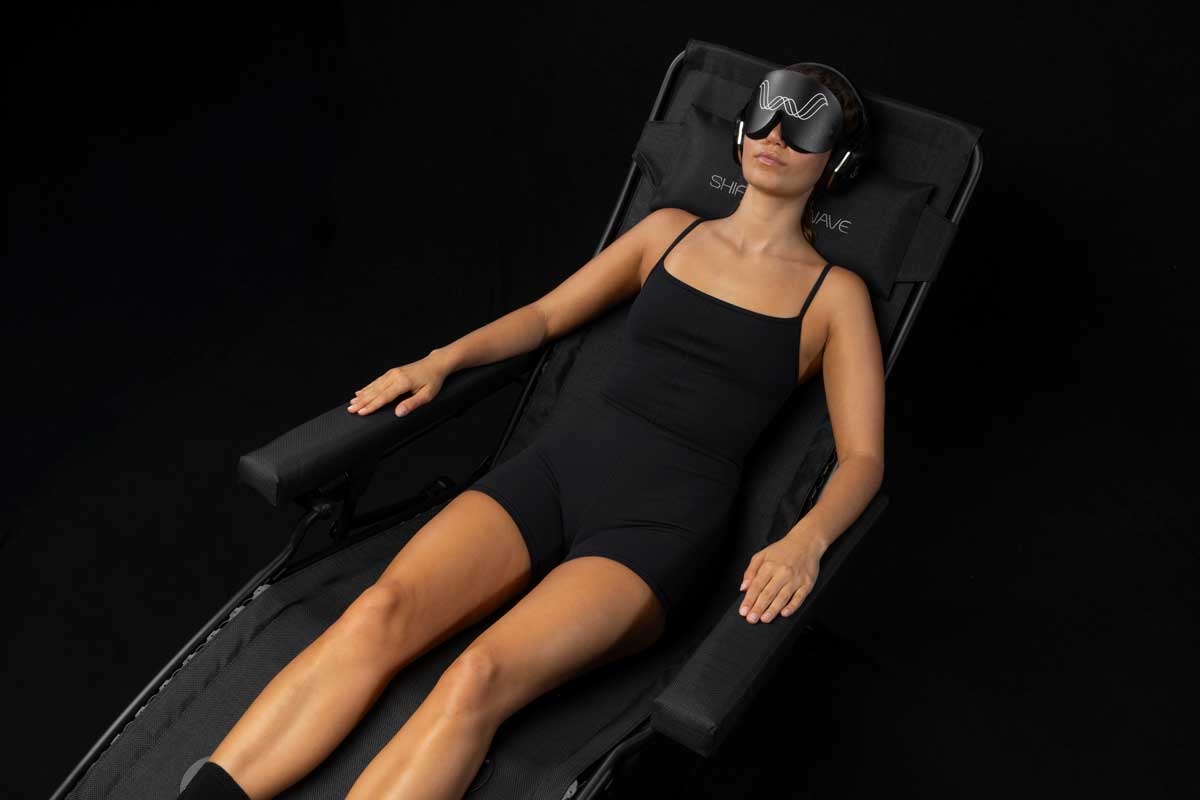Zarina Del Mar on the body signals most people miss about energy
Most of us think of fatigue as something that hits after pulling an all-nighter or grinding through a 60-hour week. But exhaustion starts much earlier, usually in the small, easy-to-miss moments throughout our day: the shallow breathing during a conversation, the third cup of coffee needed to push past 2pm, or the jaw you didn’t realize you’d been clenching.
Zarina Manaenkova, certified movement specialist and founder of the 3D Body Method, has built her practice around helping people recognize these signals. She guides clients to reconnect with their bodies through short, intentional “movement snacks” that fit naturally into daily life. Her approach centers on one idea: sustainable wellness comes from moving smarter, not harder.
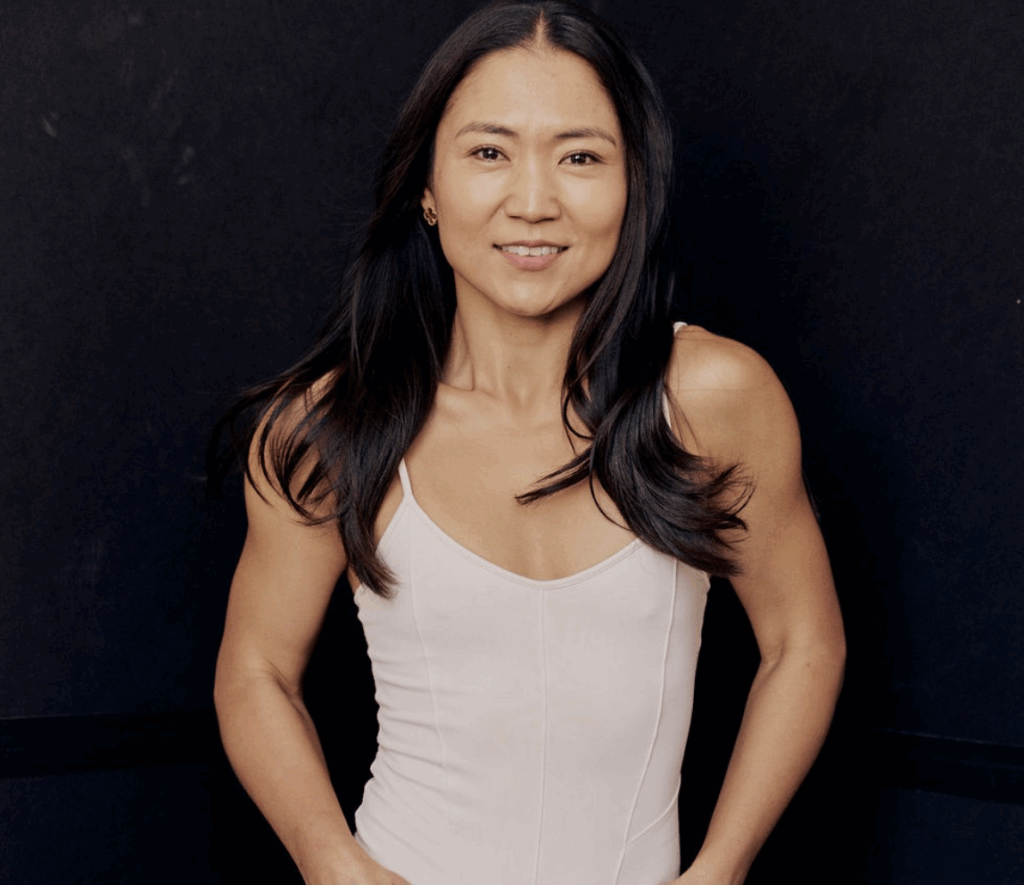
Here, Zarina shares how she helps people spot hidden energy drains and the principles behind her training philosophy.
The pattern she sees most
“People feel most drained when they’re stuck in hyper-productivity — constantly doing without feeling,” Zarina says. “They ignore the first signs, like shallow breathing or jaw tension, just to keep going. By the time they notice, their nervous system is already running on fumes.”
These signals don’t appear suddenly. They build gradually, often showing up long before full burnout hits. “Your body’s always communicating,” she explains. “Ignore it long enough, and those quiet signals turn into exhaustion you can’t push through.”
The principle that anchors her programs
For Zarina, movement and recovery work together. “The body is one system, not separate muscles,” she says. “I design every program around integration — movement, breath, fascia, and the nervous system.”
Her perspective: if you can’t feel your body, you can’t train it well. “Recovery isn’t downtime,” she adds. “It’s awareness.”
The question she wishes more people asked
Instead of “How do I push through this?” Zarina encourages a different question: “What is my body trying to tell me right now?”
“The biggest misconception I see is that feeling tired means you’ve failed or need to do more,” she says. “When you’re mentally taxed, training requires a different kind of intelligence — less about effort, more about presence.”
Her advice: treat fatigue as information, not defeat. “Sometimes slower, more intentional movement restores energy better than forcing another rep. Fatigue isn’t the enemy. It’s feedback.” That shift, from override to awareness, is where you find what actually needs support.

 Published on Nov 7, 2025 by
Published on Nov 7, 2025 by 

